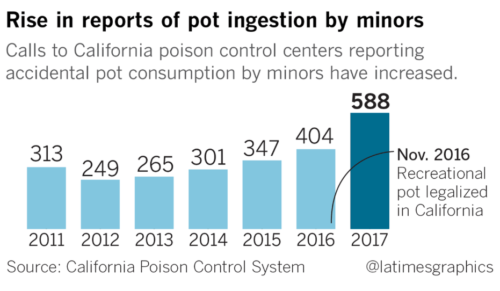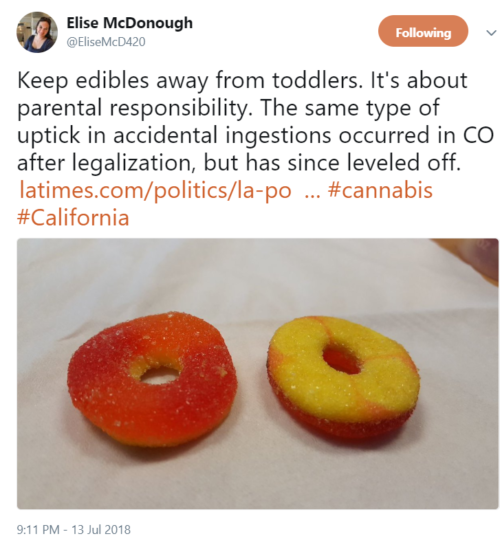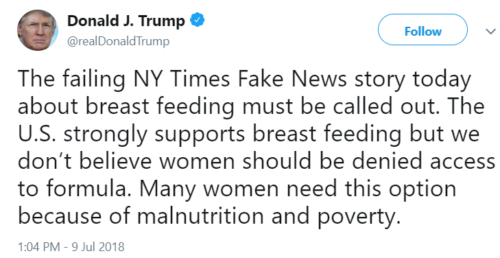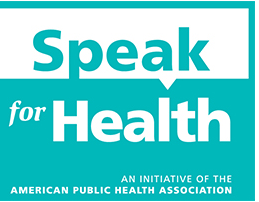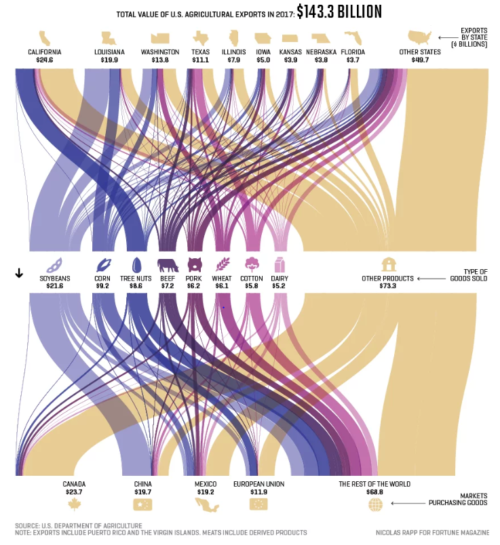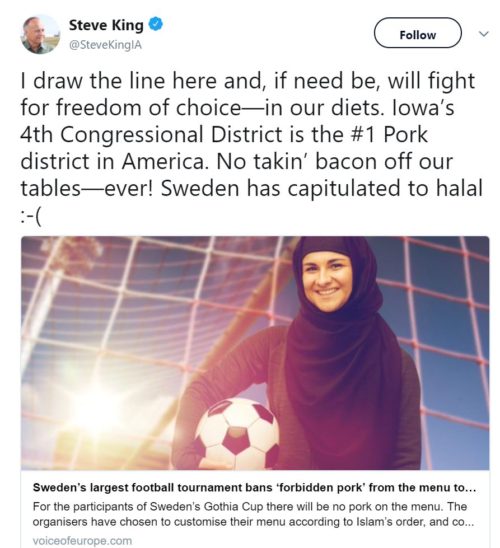Food Navigator Special Edition: Healthy Snacks
Here’s another one of FoodNavigator-USA’s collection of articles on single topics, this one on “healthy” snacks. I’m putting “healthy” in quotes because these are all processed food products. If you are trying to track snacking trends, here they are.
Special Edition: Healthy Snacks
Hartman Group says roughly half of the eating occasions in the US are now snacks, but if snacking is still about treating yourself, are we treating ourselves a little too much? How can manufacturers meet demand for fresher, healthier snacks that are also portable and convenient? In this FoodNavigator-USA special, we explore how manufacturers are adapting to changing eating patterns.
- Crunch time: Mushroom chip brand Mudlrk targets online retail next month: Mushroom chip brand Mudlrk (pronounced ‘mudlark’ – a term meaning a person who scavenges for objects of value) is aiming to begin online retail of its four SKUs at the end of July and hit brick & mortar stores later this year… Read
- What is a snack, and how are snacking habits evolving? Hartman Group, SnackNation, weigh in… If roughly half of the eating occasions in the US are now snacks, are snacks still ‘treats’ or have they become something else?.. Read
- Messy Monkeys balances nutrition with affordability for US launch: Finding nutrient-dense snacks becomes more of a challenge for moms once they exit the baby aisle and right around the time ‘picky-eater syndrome’ sets in. To fill this gap, Messy Monkeys is positioning itself as an affordable and healthy snack for kids rolling out to stores this month… Read
- Ready to pig out (minus the bacon)? Outstanding Foods gears up for launch: Vegan jerky is picking up steam, but hasn’t set the world on fire, yet. And while bacon-flavored potato and corn chips are a staple in the salty snacks aisle, they don’t pretend to replicate the taste and texture of a strip of bacon. But what if you could create a plant-based snack so bacon-like that even meat lovers struggle to distinguish it from the real thing?.. Read
- Soup-to-Nuts Podcast: What is behind the overnight explosion of puffs? Once considered simply a children’s snack that parents would sneak when no one was looking, puffs suddenly are everywhere – and for everyone – thanks to their better-for-you profile, new sophisticated flavors, increasingly diverse bases and playful shapes that encourage sharing… Listen now
- From snacks to mini meals: How consumers are satisfying their cravings: While consumers still respond to the convenience of popping open a bag of chips, their mindset around snacking has expanded to products that promise a sense culinary adventure, conscious-sourcing, unexpected ingredients, and satiating benefits… Read
- Salty snacks are evolving in the face of the better-for-you movement, Packaged Facts reports: Sales of salty snacks in the US continue to rise as consumers embrace smaller, more frequent eating occasions over three-square meals a day, but at the same time, rising health and wellness awareness is creating a significant competitive threat from better-for-you options, according to new research from Packaged Facts… Read
- Peatos exec: ‘Our mission is to make 90% of people eat 10% better, not 10% of people eat 90% better’: From roasted chickpeas and flash fried mung beans to extruded pea, chickpea, and edamame puffs, pulse-based snacks are gaining traction, says Snack it Forward CEO Nick Desai. But none of them have delivered the sheer sensory pleasure you experience from a bag of Cheetos… until now, he claims… Read
- Fresh Bar rebrands to ‘nomi’ seeking to direct families and kids to the ‘fridge instead of the pantry’: Refrigerated snack bar brand nomi, previously known as ‘Fresh Bar’, believes its new brand name will give it a strong foothold in the rapidly growing refrigerated bar space… Read
- NEW PRODUCTS GALLERY: From thinkKIDS protein bars to Teavana sparkling tea: Check out FoodNavigator-USA’s latest gallery of new products hitting US shelves, spanning new protein bars for kids and protein-packed snacks from upcycled chicken breast trim to the latest wave of reduced sugar beverages… Display
- Departure Snacks makes global flavors – and the cultures they come from — accessible at a local level: On the surface, consumer demand for global flavors and desire to eat locally appear to contradict, but Chicago-based startup Departure Snacks has found a way to combine the two – creating a synergistic sales model and allowing consumers to have their cake – or in this case almonds – and eat it, too… Read

